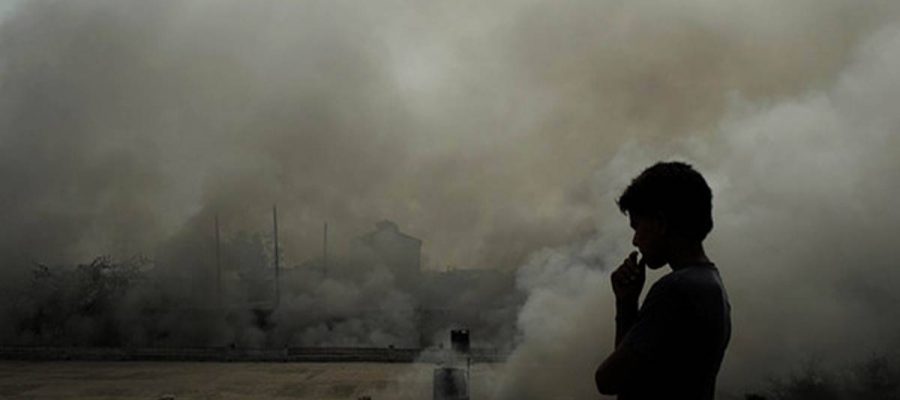The Sixth Assessment Report (AR6) of the United Nations (UN) Intergovernmental Panel on Climate Change (IPCC) highlighted that we could surpass 1.5 oC by mid-century due to human influence.
Written by Dr Ravindra Khaiwal
AIR pollution poses a major threat to human health. The recent World Health Organisation and Global Burden of Disease report, including the ‘Lancet Commission on Pollution and Health’ also links air pollution to over 7 million premature deaths globally.
A recent report also highlights that many of the highly polluted cities over the globe are in India, which raises concern for public health. September 7 is celebrated as ‘International Day of Clean Air for Blue skies’ to make communities and various stakeholders aware of sustainable action. The theme of 2021 is ‘Healthy Air, Healthy Planet’, to emphasise air pollution’s health effects, particularly during the Covid-19 pandemic.
The pandemic is one of the biggest public health emergencies that also brought focus on environmental protection and the lockdowns provided an opportunity for scientists to examine air pollution, its sources and mechanism of reduction to build evidence-based future policies and suggestions to strengthen the action under the National Clean Air Program. The key observation from the scientific studies include:
There is clear evidence that lockdowns significantly improved air quality
The reduction in air pollution was directly proportional to the urban size and population density
Natural emissions such as forest fire also contributed to the local and regional pollution
Covid also brought the focus on indoor air quality and the need for proper ventilation to restrict the spread of emerging infectious disease threats
Lockdown is not a solution to air pollution or environmental pollution. But, the current pandemic forced us to rethink how air quality, climate are linked with the spread of infectious diseases such as Covid-19.
The Sixth Assessment Report (AR6) of the United Nations (UN) Intergovernmental Panel on Climate Change (IPCC) highlighted that we could surpass 1.5 oC by mid-century due to human influence.
Both climatic and air pollution impacts will burden the healthcare delivery system, affecting mainly vulnerable and marginalised populations like in the pandemic. There is no apparent epidemiological evidence, but it is established that the route of air pollution exposure and Covid transmission/infection is through the lungs.
If someone has compromised lung function due to air pollution, he/she may be at a higher risk of complications associated with the Covid-19 disease.
We need to exploit existing knowledge for evidence-based policies to develop risk reduction strategies. Furthermore, there is a need to focus on the physical environment, including the population’s social and behavioural aspects, to ensure public participation for environmental protection and sustainability.
This will help in ecosystem restoration and reduce the burden of environment-related morbidity and mortality.
(The writer is additional professor of Environment Health, Department of Community Medicine & School of Public Health, PGIMER)
Source: Read Full Article


